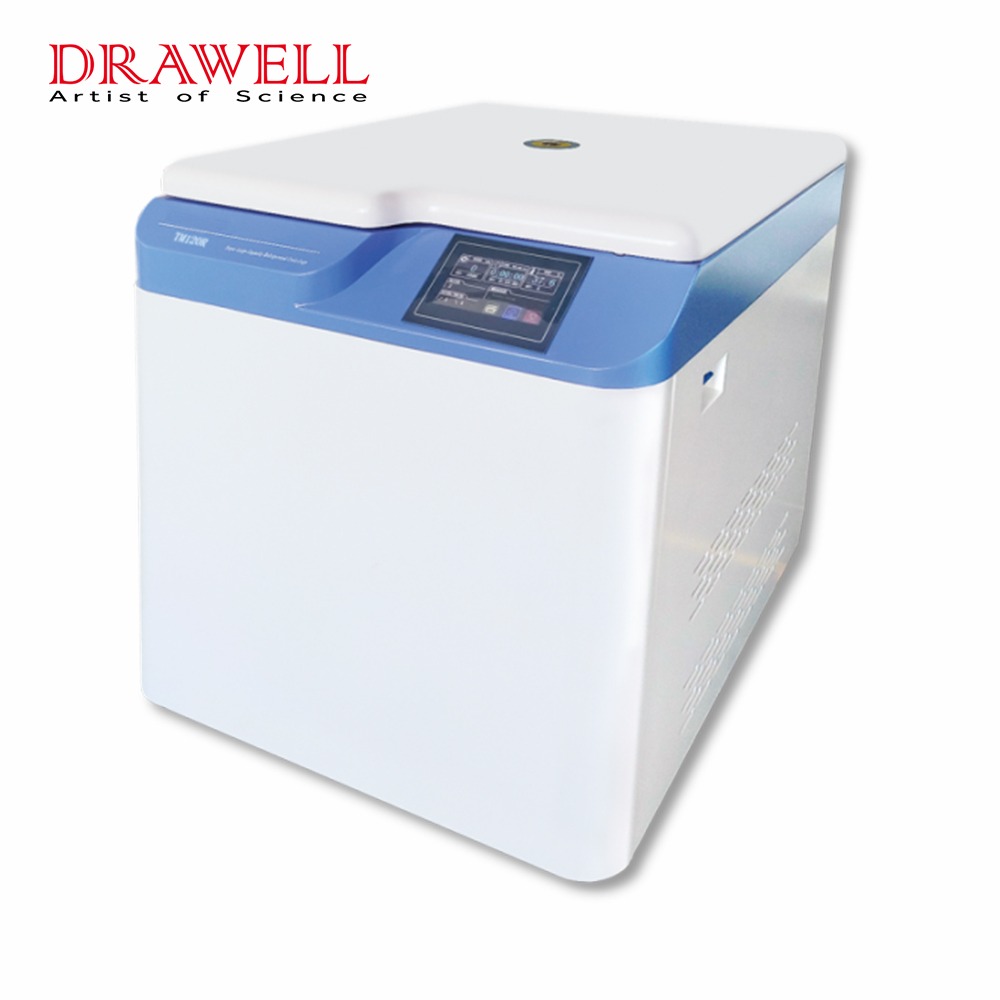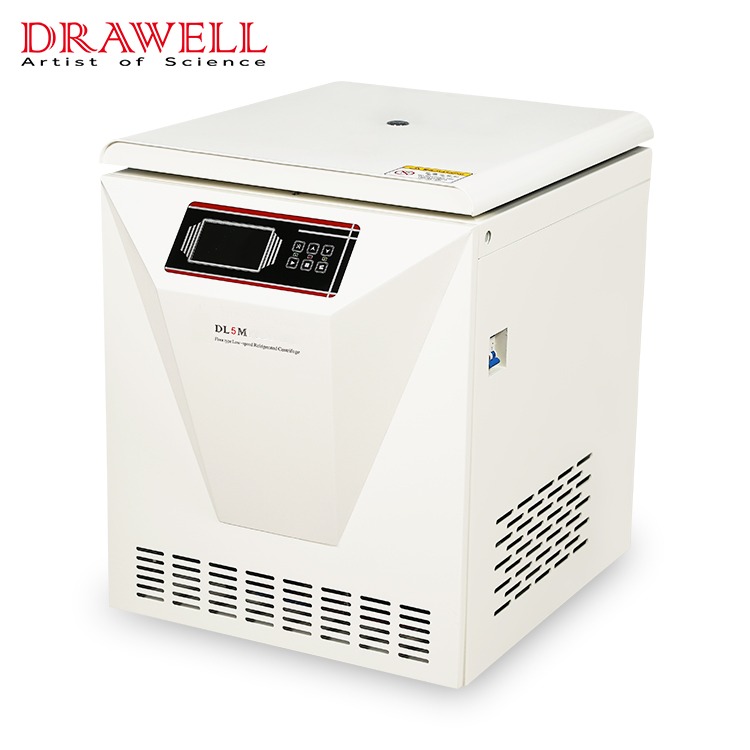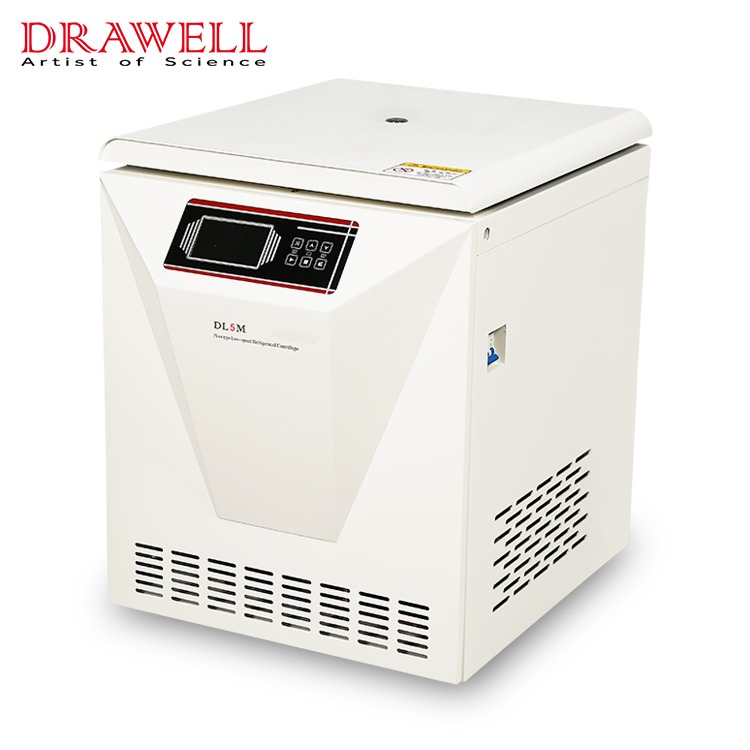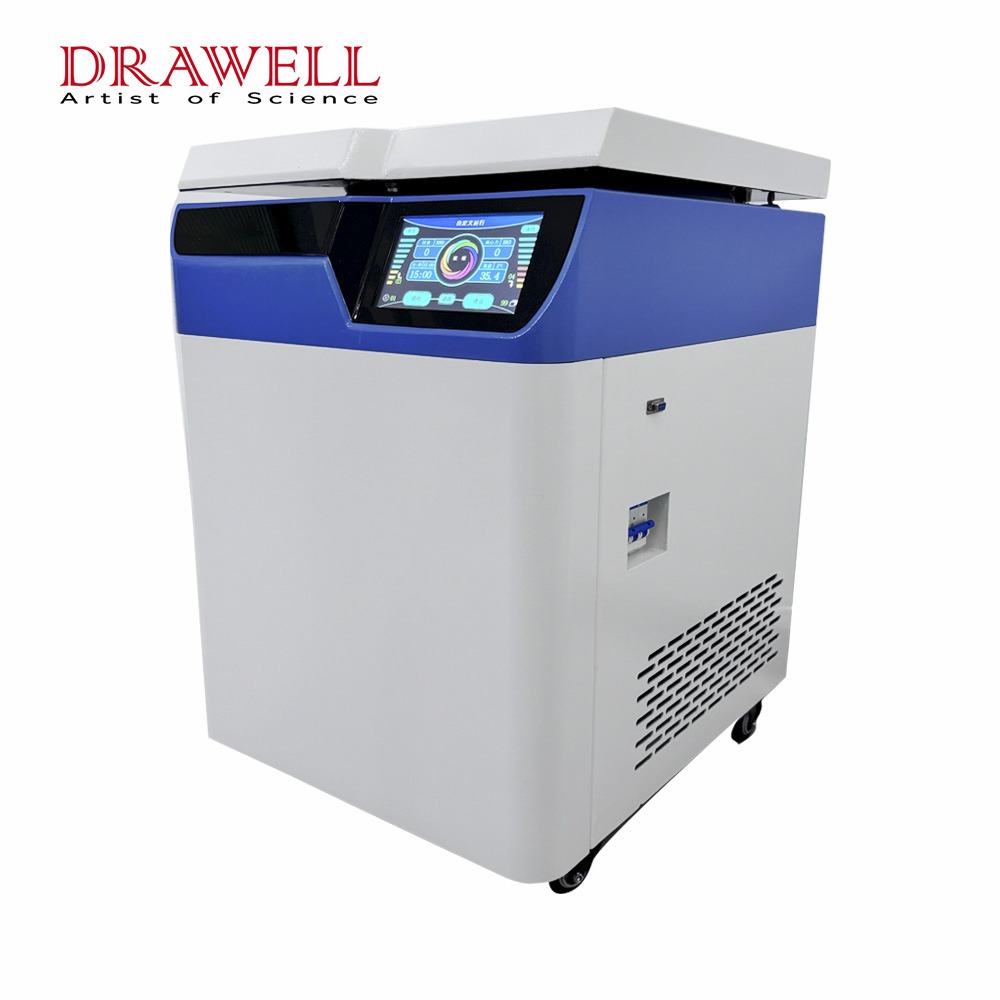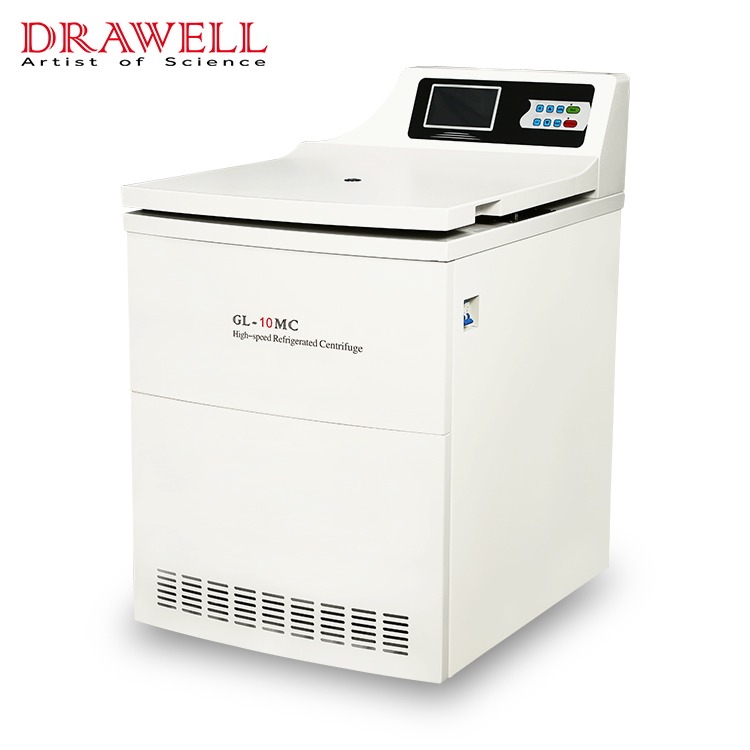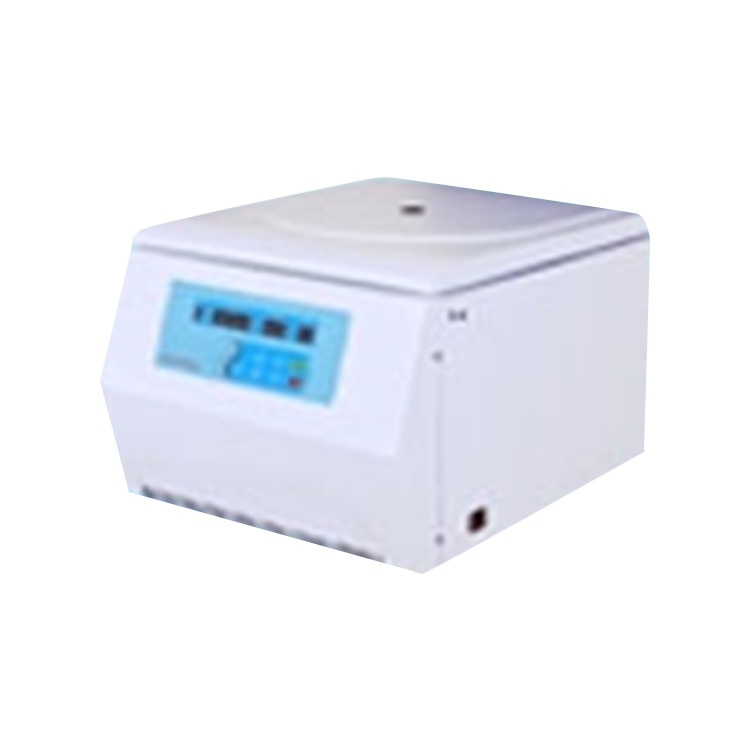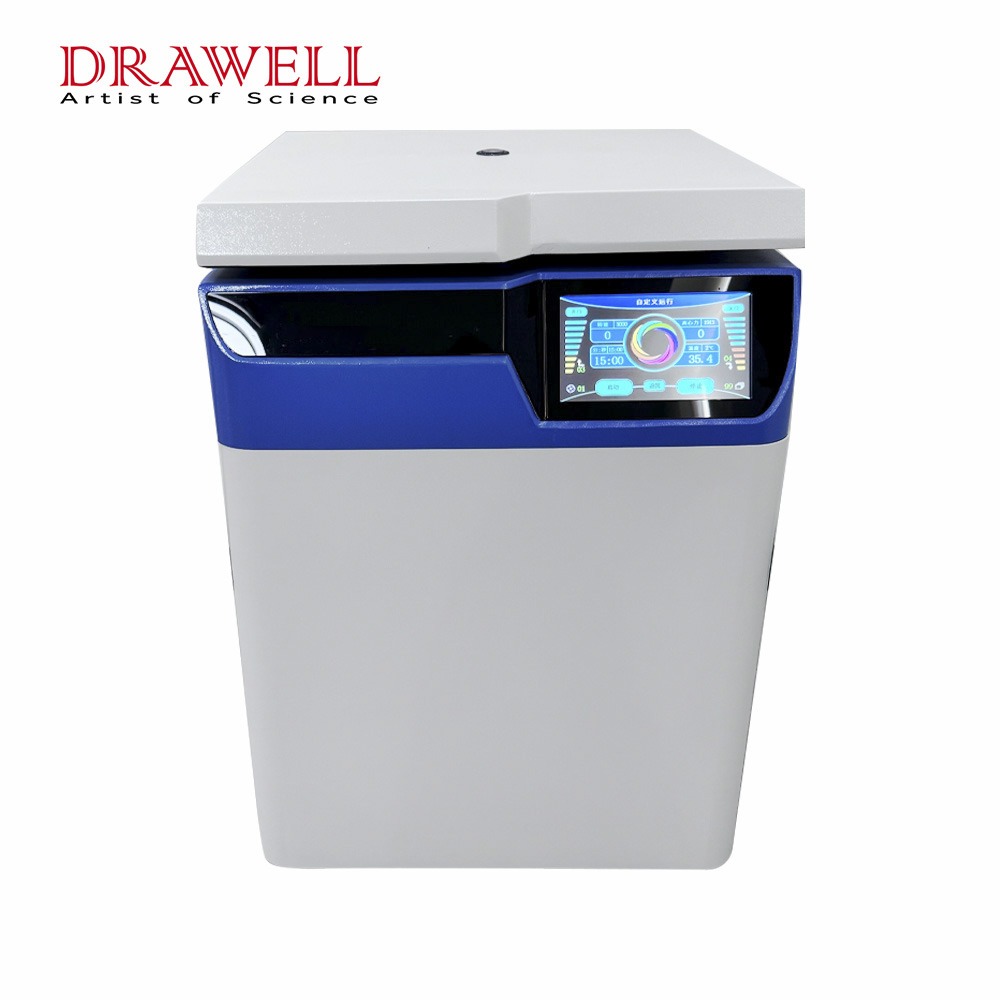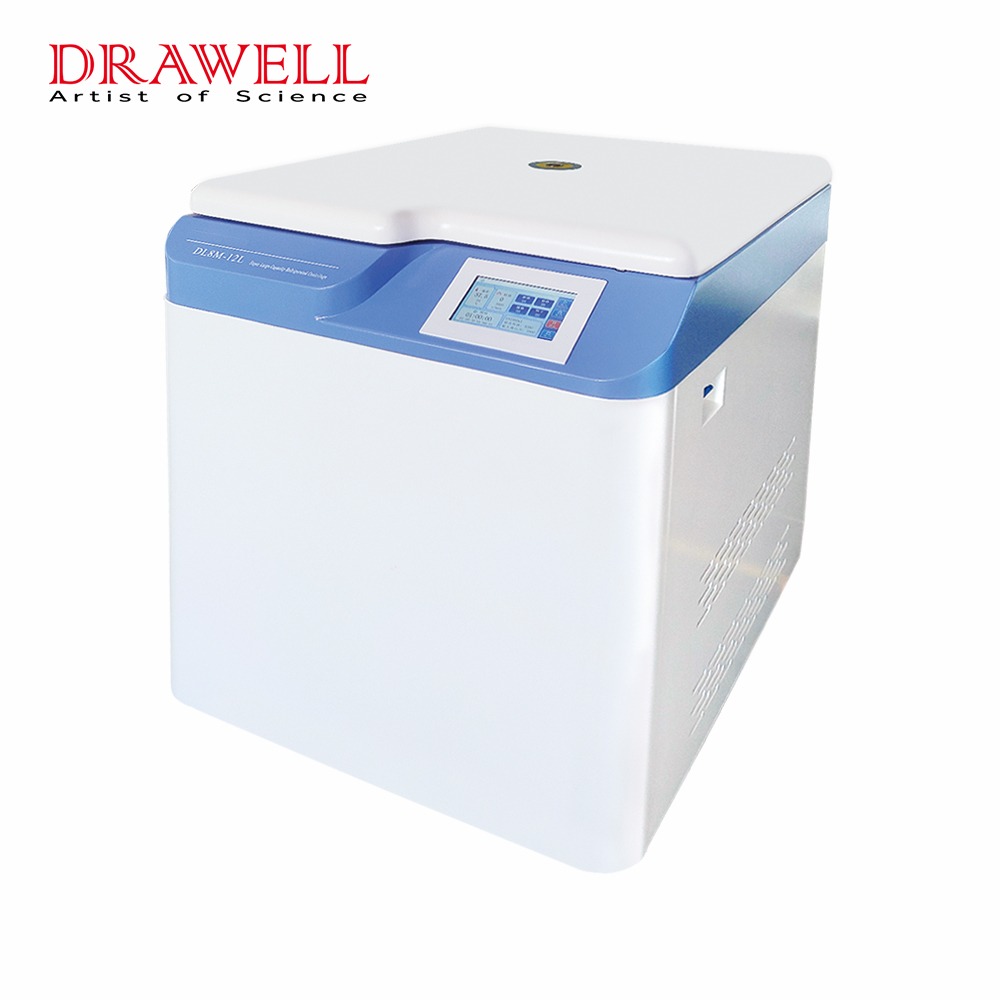A floor-standing centrifuge is a powerful laboratory instrument that separates mixtures using centrifugal force. Floor-standing models centrifuges are larger and more powerful than benchtop centrifuges, making them ideal for processing larger volumes or samples requiring very high speeds.
Choosing the right floor-standing centrifuge for your lab requires careful consideration of several factors to ensure it meets your specific needs and budget.
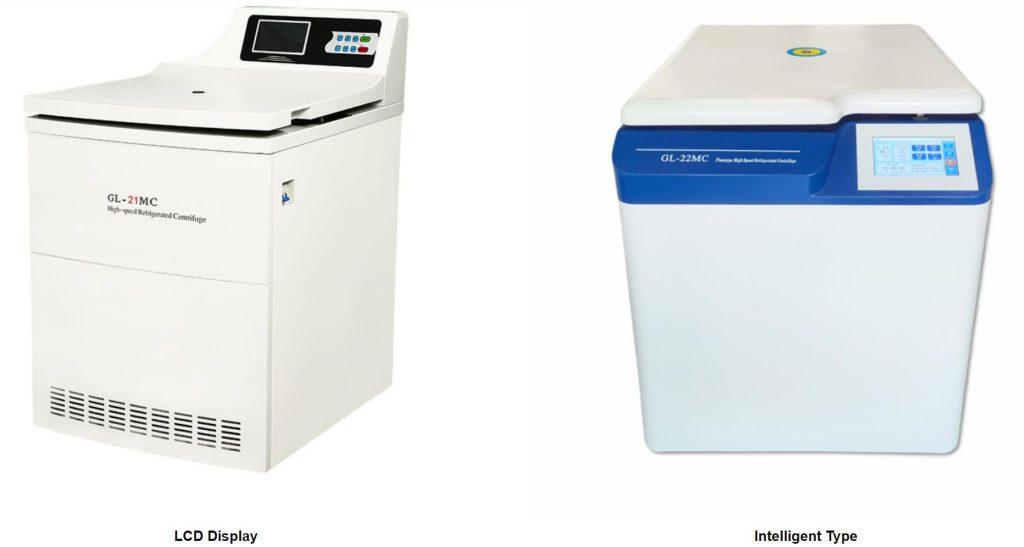
Key Factors to Consider When Choosing a Floor-Standing Centrifuge
1. Lab Requirements
Understanding your lab’ s specific needs is the first step in choosing the right centrifuge. Consider the types of applications you’ ll be using the centrifuge for, such as clinical, research, or industrial purposes. Determine the volume of samples you’ ll be processing and the frequency of use. Also, assess your lab’s space to ensure you have enough room for a floor-standing model.
2. Rotor Types and Capacity
Centrifuges come with different rotor types, primarily fixed-angle and swing-bucket. Fixed-angle rotors are suitable for high-speed applications, while swing-bucket rotors are better for separating large volumes of samples. Evaluate the capacity needs based on your typical workload and the types of samples you process.
3. Speed and G-Force
The speed of a centrifuge is measured in revolutions per minute (RPM), and the relative centrifugal force (RCF) is measured in g-force. Different samples and applications require varying levels of speed and force. Ensure the centrifuge you choose can meet the specific speed and g-force requirements for your work.
4. Temperature Control
For samples that are temperature-sensitive, a centrifuge with refrigeration capabilities is essential. Look for models with precise temperature control features to maintain the integrity of your samples during the centrifugation process.

5. Safety Features
Safety is paramount in any lab setting. Choose a centrifuge equipped with imbalance detection, lid locking mechanisms, and emergency stop functions. These features help prevent accidents and ensure the safety of lab personnel.
6. Technical Specifications
Consider the power requirements and ensure compatibility with your lab’ s electrical infrastructure. Noise levels are also important, as quieter models help maintain a conducive working environment. Additionally, check the durability and build quality to ensure long-term reliability.
7. Manufacturer and Brand
The reputation of the manufacturer and the quality of customer reviews are critical. Opt for brands known for reliability and good customer service. Also, consider the availability of technical support, warranty terms, and service contracts for maintenance.
8. Budget and Cost
Balance the initial cost with long-term investment benefits. Be aware of hidden costs, such as consumables and maintenance, and explore financing options like leasing or renting if budget constraints are a concern.
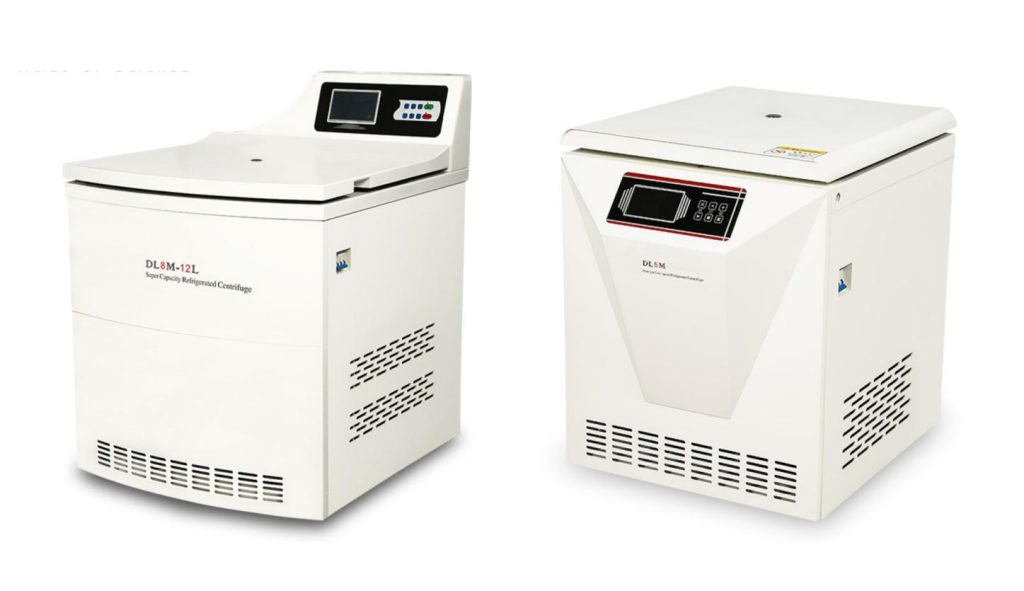
Types of Floor-Standing Centrifuges and Their Pros and Cons
Floor-standing centrifuges come in various forms, each with its strengths and weaknesses. Here’s a breakdown of some common types:
| Type | Pros | Cons | Recommended Applications |
| General-purpose Floor centrifuge | Versatile, Wide range of samples, Affordable | Lower speed/capacity for specific needs | General laboratory separations, cell culture pelleting, protein purification (basic steps) |
| High-speed Floor centrifuge | Very high speeds/RCF, Ideal for pelleting subcellular fractions, isolating viruses | Lower capacity, More expensive | Subcellular fractionation, virus isolation, pelleting nanoparticles |
| Refrigerated Floor centrifuge | Maintains consistent temperature, Crucial for temperature-sensitive samples | More expensive, Increased maintenance | Enzyme assays, working with live cells, isolating heat-sensitive proteins |
| Large-capacity Floor centrifuge | Large sample volume, Processes many samples simultaneously | Large footprint, Lower RCF (potentially) | Processing large culture volumes, isolating bacteria in large quantities, sample concentration |
| Ultracentrifuges | Highest speeds/RCF available, Separates macromolecules & nanoparticles | Extremely expensive, Complex operation | Isolating viruses, ribosomes, lipoproteins |
| Continuous Flow Centrifuges | Continuous processing of large volumes | High initial cost, Specialized applications | Large-scale industrial separations, blood processing |
Get Floor-Standing Centrifuges from Drawell
When it comes to reliable and high-quality centrifuges, Drawell is a trusted name in the industry. Drawell offers a wide range of floor-standing centrifuges designed to meet diverse lab requirements. Here are some reasons to choose Drawell:
Wide Selection: Drawell provides a variety of centrifuge models catering to different applications and capacities.
Quality and Reliability: Known for their durable and reliable products, Drawell centrifuges are built to last.
Customer Support: Drawell offers excellent customer service, including technical support and maintenance services.
Competitive Pricing: Drawell provides competitive pricing options, ensuring you get the best value for your investment.
Choosing the right floor-standing centrifuge is a critical decision for your lab’s success. By considering the factors outlined in this guide and exploring the options available at Drawell, you can make an informed choice that meets your lab’s specific needs.
For more information and to explore Drawell’s range of centrifuges, visit their website or contact their sales team for personalized assistance.

